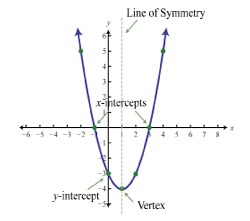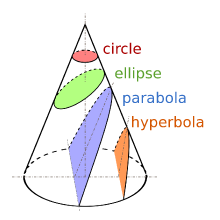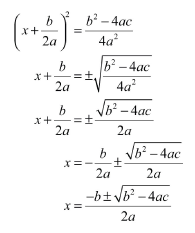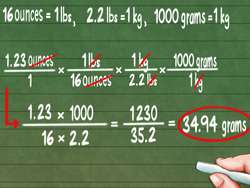|
ONLINE COURSES IN MATH
 Algebra II Algebra II
Tools for understanding math
It is one thing to learn math operations by rote, quite another to understand what you're doing and why. Our online course in Algebra II is designed to promote profound understanding of algebraic concepts.
Plus: Math for Science
We devote attention to the math required in advanced high school science, like chemistry and physics. — Our Algebra II course addresses such concepts as:
We also give special attention to the feared story problems, teaching the students proven techniques that remove all the guesswork and guarantee success.
Workload
Each week comprises:
- instruction — two live 90-minute sessions (3 hours per week);
- homework — an average of 3-4 hours of independent homework.
 Please note: All classes are recorded, so that if a student cannot attend a particular session, he or she may view the recording. Please note: All classes are recorded, so that if a student cannot attend a particular session, he or she may view the recording.
Among the topics explored in Algebra II:
- reviewing linear equations and equalities;
- graphing linear equations and equalities;
- solving systems of linear equations;
- polynomial arithmetic, including algebraic fractions;
- rational degree relations;
- quadratic equations — including factorization and the quadratic formula;
- complex & imaginary numbers.
- conic sections — graphing quadratic equations;
- literal degree relations.
 Prerequisites Prerequisites
Algebra I. — Our aim in Algebra II will be to deepen students' understanding of key issues and operations with which they are already familiar, as well as to delve into more complicated topics such as quadratic relations and complex numbers.
About the instructor
Monica Kiehnle-Benitez is a homeschooling mom with a degree in Industrial Engineering; she worked for seven years at a manufacturer of control instruments and accessories for electrical transformers. She is currently completing her master's degree in applied physics.
Monica began homeschooling with the aim of imparting to her children both a love of learning and a deep understanding of all content. Monica brings those values to her teaching of math and science at HS College-Bound, and she eschews, for instance, superficial and rote learning.
Among her other online courses at HS College-Bound is Honors Physics With Lab.
|
|
|
Returning in 2023–24
Instructor: Monica Kiehnle-Benitez
For information on Monica, see here.
To contact the instructor, click here.
Fee for entire year: $ 1340.
Please note: At registration, you will pay
the fee for the fall semester ($ 670.); for the
winter-spring semester we will invoice you,
with payment due by September 1.
Our approach to ...
Math
All too often high school mathematics divides students into those who are "good" at math and those who aren't. — Not at HS College-Bound. Our classes will engage even the most reluctant budding mathematician.
Our online courses in math are designed to build skills applicable to science as well as those found on standardized tests. In addition, our content is aimed at demystifying seemingly advanced topics while bringing real meaning to the concepts covered in traditional high school math. As a result, math features prominently among our liveliest, most engaging classes: it is explored actively, with a spirit of genuine intellectual curiosity. Rather than rote learning resulting in one "right" way to solve problems, students share ideas and approaches while investigating real-world math through word problems. Our content is aimed at helping students think mathematically and develop their reasoning skills.
- Homework and classwork require the student to apply mathematical reasoning to solve problems, and we encourage open discussion.

- Homework problems require students to apply concepts that include previously learned content; students build their math vocabulary and learn to speak in the language of mathematics — a skill foundational to the physical sciences.
|
|
![]()